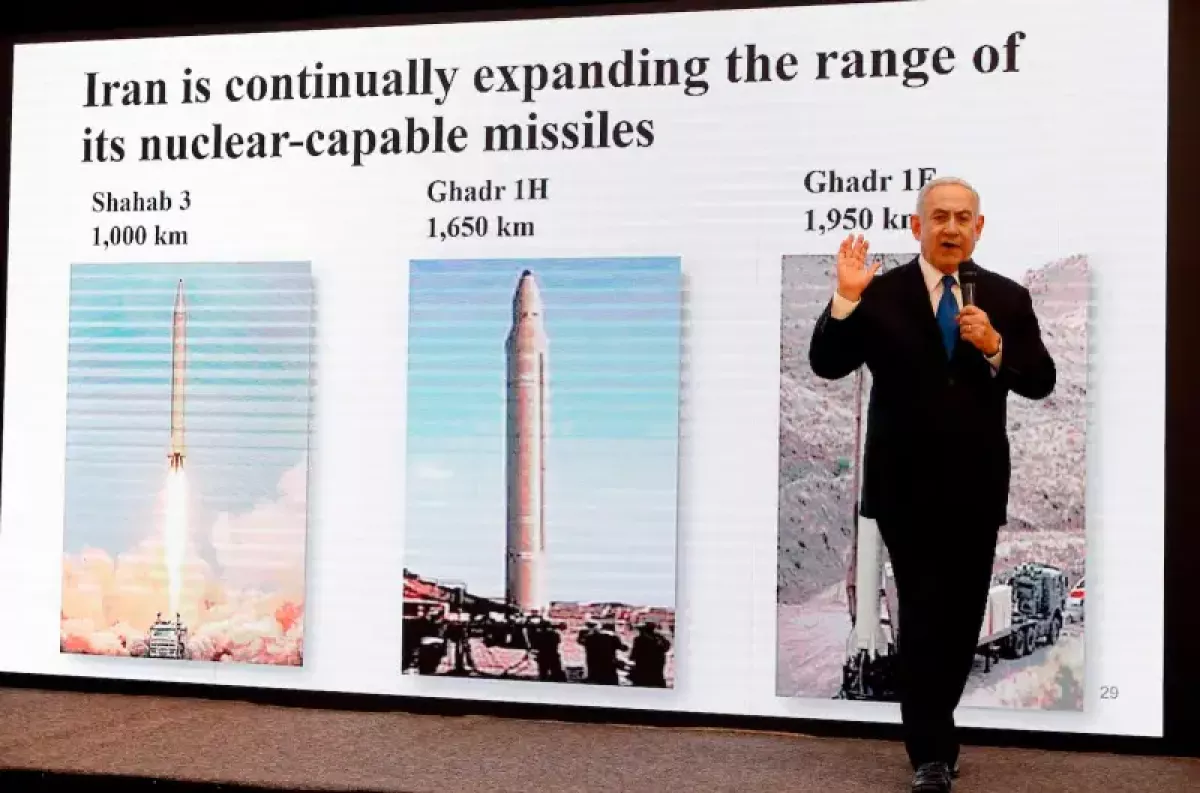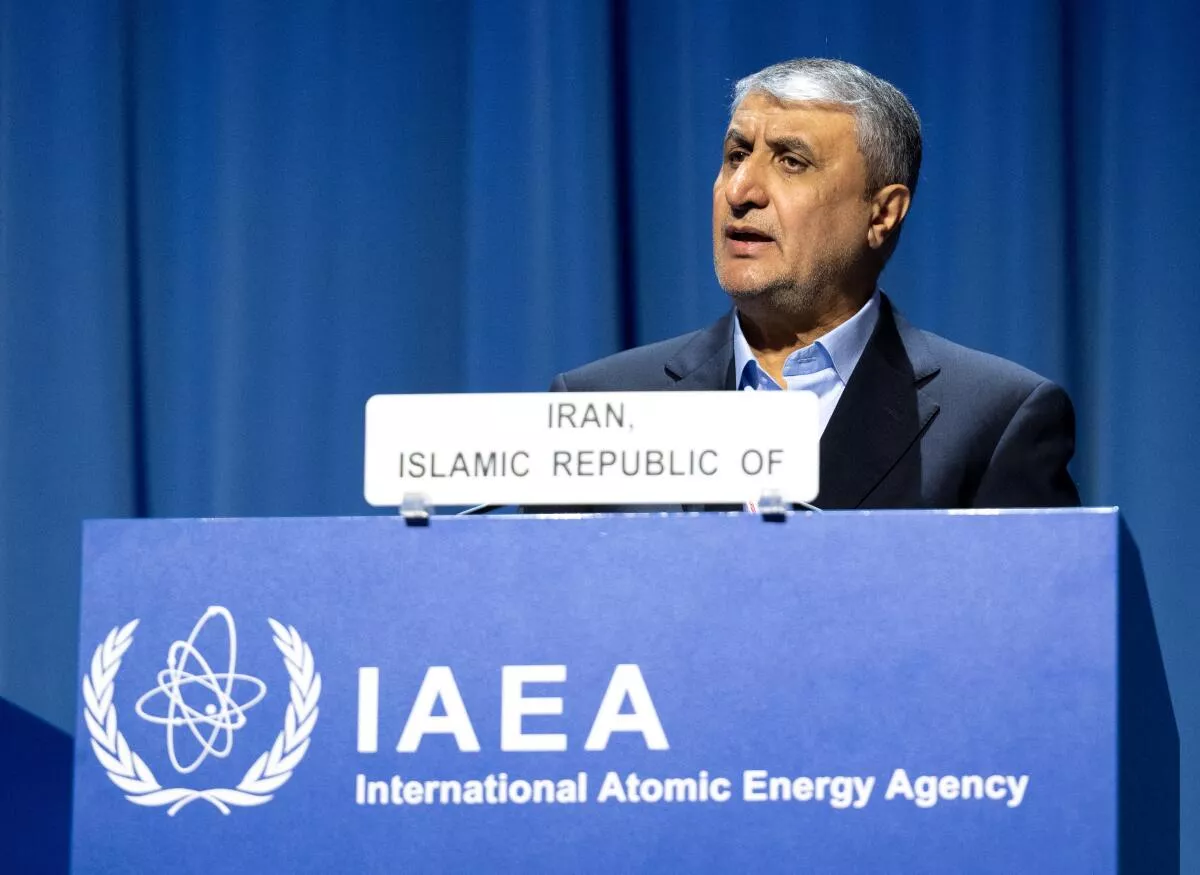Worst-case scenarios how US intervention in Iran could unfold Analysis by Foreign Affairs
US President Donald Trump has recently announced that he will decide whether the United States will join Israel’s military campaign in Iran within the next two weeks. Should he choose to proceed, experts warn that the US would find itself entering a Middle Eastern war marked by vague objectives (including, though not limited to, curbing nuclear proliferation), an underdeveloped strategy, and a substantial risk of becoming entrenched in the region which would inevitably cause US attention from other important arenas to dwindle.
This possibility has understandably stirred memories of the Iraq war among many Americans. Though Trump once opposed the Iraq invasion, he and his allies have tried to frame a potential US operation in Iran as narrowly focused, primarily targeting the Fordow nuclear enrichment facility—deep underground and reportedly beyond Israel’s reach. While this may reflect Trump’s genuine intent, an article published by Foreign Affairs warns that even such a limited mission risks major consequences, including retaliatory strikes on US military bases in the Gulf or terrorist attacks against American citizens.
As the authors point out, both of which could escalate and prolong US involvement. Even if a strike went off without provocation, they believe intervening in this conflict would likely complicate, rather than resolve, efforts to limit Iran’s nuclear ambitions.
According to the publication, the current US and Israeli rhetoric on Iran reveals two persistent flaws in American foreign policy.
The first is an enduring belief that airpower can accomplish strategic—not merely tactical—goals. As Israel presents it, their military and intelligence agencies are systematically dismantling Iran’s nuclear infrastructure. The Fordow facility, which can only be destroyed with massive US bunker-busting bombs, is portrayed as the last stronghold of Iran’s enrichment capacity: take it out, and the threat is neutralized.
Though US officials maintain confidence in the GBU-57’s ability to penetrate the 260 to 360 feet of reinforced concrete shielding Fordow, this has yet to be tested. Military experts say breaching the site would require precise coordination and multiple bombs. While the US Air Force is capable, there’s no guarantee of success—something the Trump administration must be prepared to face.
A failed strike wouldn’t merely allow Iran to quickly restore its nuclear efforts; the article warns that it could also increase Iran’s motivation to pursue a nuclear weapon as a deterrent against future attacks. The alternative—deploying ground forces to neutralize the site—would elevate the physical risks for American troops and heighten the chances of direct retaliation from Iran.
The second persistent flaw is the overconfidence that hostile regimes can be easily toppled, followed by blind faith in the emergence of friendlier replacements. Israel has been increasingly vocal about its aim to bring down the Islamic Republic. Prime Minister Benjamin Netanyahu, a longtime proponent of regime change, has said Israel is preparing “the means to liberate the Persian people” and asserted that killing Supreme Leader Ali Khamenei would “end the war.” Trump, for his part, has made ambiguous remarks by stating that the US was not targeting Khamenei “at least not for now.”

While much of Iran’s population holds the regime in low regard, the Foreign Affairs article points out that this does not mean its collapse would be simple. "Contrary to Netanyahu’s claims, the killing of the supreme leader is unlikely to precipitate the collapse of the Islamic Republic by itself. After 46 years, the institutions of the state are well entrenched, and the absence of an obvious successor to Khamenei does not mean one cannot be found. Advocates of a strike on Khamenei sometimes point to Israel’s decapitation of Hezbollah’s leadership last year. Yet even Hezbollah continues to function in Lebanon, and Iran is far more powerful," their report states.
Overthrowing the regime would almost certainly require a significant ground invasion and as Israel lacks the manpower and logistical capability to undertake such an operation, the article predicts American troops would have to bear the burden. Public sentiment in the US is overwhelmingly against another war in the Middle East, and recent polls show that most Americans oppose any form of military intervention in Iran.
Political overhaul harder to achieve
Even if the US and Israel were to achieve their immediate goals—destroying Fordow or removing the Islamic Republic—the authors believe these would likely be fleeting gains. "Of the many lessons US policymakers should have learned over the last 25 years, one of the most important is that military success translates imperfectly, if at all, into political success," they urge.
While the report acknowledges that destroying Fordow would undoubtedly set back Iran’s enrichment activities, even a successful strike wouldn’t deliver a decisive blow to the country’s nuclear aspirations. According to the article, some reports suggest Iran has expanded Fordow to hide critical nuclear components in parts of the complex that might survive an aerial assault. If true, the benefits of such a strike could be short-lived.
Even in the best outcome—where every centrifuge and nuclear-related system is destroyed—Iran’s scientists would retain the knowledge to rebuild. Most of Iran’s enriched uranium stockpile is believed to be dispersed across the country and hard to target, meaning Iran wouldn’t be starting from zero. Should Iran choose to withdraw from the Nuclear Nonproliferation Treaty in response, it would no longer be subject to IAEA inspections. In such a scenario, any future discovery of nuclear activity would again force the US and Israel to choose between renewed diplomacy or additional strikes.

While Trump has previously pulled back from military actions to avoid escalation—such as in Yemen—future presidents might not be so restrained. A single strike on Fordow could therefore initiate an ongoing campaign, which would be far more costly than Israel’s strategy of “mowing the grass” in Lebanon and Gaza, defined by the country's military leaders as a method to diminish Hamas' fighting capabilities and capacity to harm Israel by the occasional but large-scale short operations.
The authors of the article believe that should regime change in Iran actually be achieved, it would still not necessarily halt its nuclear ambitions. "If the Islamic Republic collapsed, it is as likely that the regime would be replaced by a government hostile to US and Israeli interests as by one that is more aligned with them. During leadership vacuums, the most organized elements in a society often triumph. After decades of repression against the opposition and civil society, the Iranian military or security services are likely to emerge as the dominant actors."
Even a pro-Western, democratic government might not abandon Iran’s long-standing claim to the right to enrich uranium. The article concludes its grim analysis on the possible scenarios for the outlook of this war by warning that a new regime could feel the same strategic urgency to pursue nuclear capabilities. Alternatively, Iran could spiral into factional conflict, with various power centers competing for control. In a nation that straddles key global trade routes and potentially houses radioactive materials, Foreign Affairs cautions that prolonged instability would raise major international security concerns.
By Nazrin Sadigova








